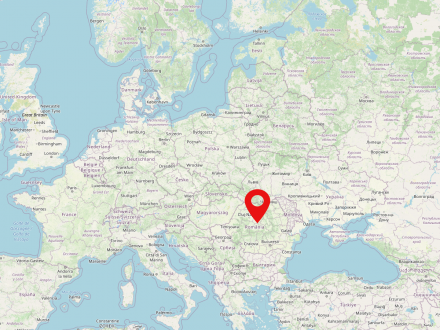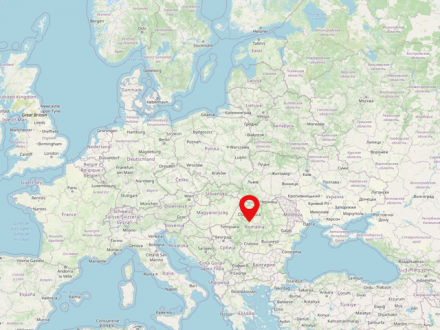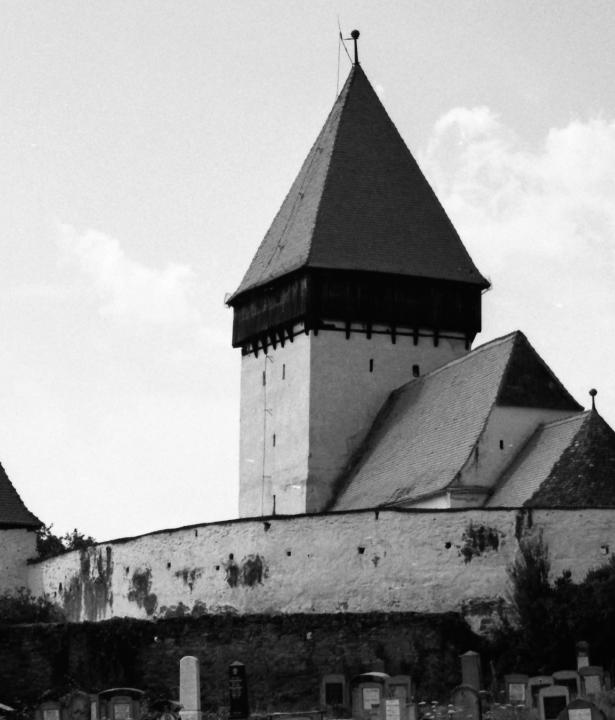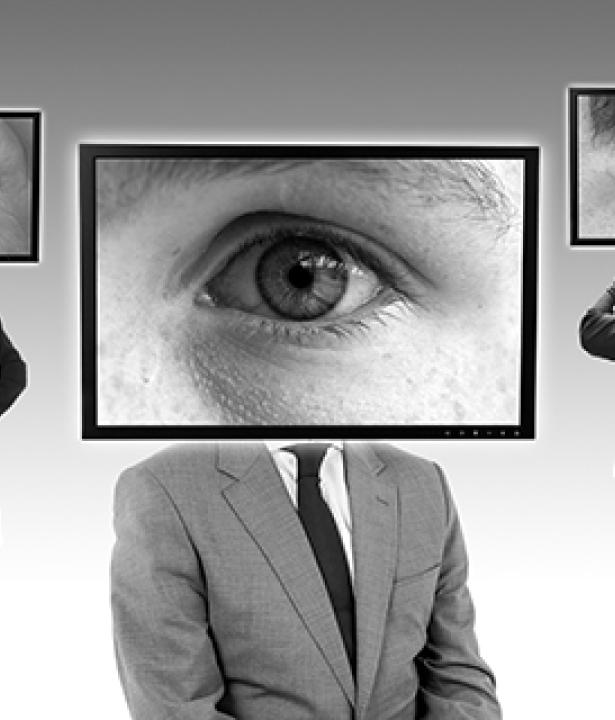The circumstances within and around the Evangelical Church A.C. in communist Romania were often ambivalent and full of tension. Under increasing pressure from the regime, the religious community tried to defend itself against state repression and appropriation. A research project at the Institute for German Culture and History in South-eastern Europe (IKGS) deals with this conflict between church and state.
Text
This project is, on the one hand, concerned with the analysis of the strategies and methods by which the Protestant Church A. C. in communist was subdued. On the other hand, it examines the defense strategies that the Evangelical Church considered and successfully implemented or that were blocked by the state. The research project also takes into account the broader problem of the erosion of the once strong community of the Saxons.
Romania
deu. Rumänien, ron. România
Romania is a country in southeastern Europe with a population of almost 20 million people. The capital of the country is Bucharest. The state is situated directly on the Black Sea, the Carpathian Mountains and borders Bulgaria, Serbia, Hungary, Ukraine and Moldova. Romania was established in 1859 from the merger of Moldova and Wallachia. Romania is home to Transylvania, the central region for the German minority there.
Transylvania
deu. Siebenbürgen, deu. Transsylvanien, deu. Transsilvanien, ron. Transilvania, ron. Ardeal
Transylvania is a historical landscape in modern Romania. It is situated in the center of the country and is populated by about 6.8 million people. The major city of Transylvania is Cluj-Napoca. German-speaking minorities used to live in Transylvania.
Externe Links
External Image








